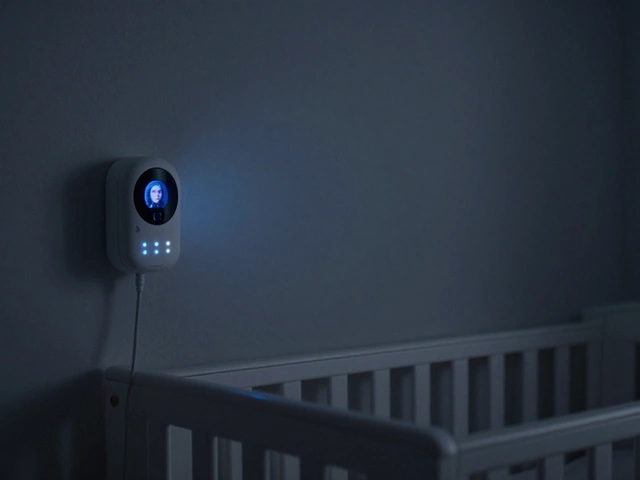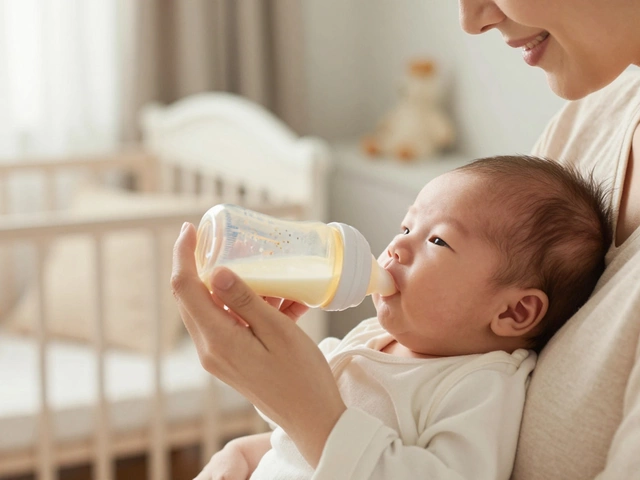Newborn Skin Care: Simple Tips for Soft, Healthy Baby Skin
Right after birth a baby's skin is ultra‑sensitive. It can get dry, red, or irritated by the tiniest thing – a harsh wash, a scratchy label, or even the indoor heat. The good news? You don’t need a pharmacy degree to keep it happy. A few everyday habits and smart product choices go a long way.
Bathing and Moisturizing
Most parents think a newborn needs a daily bath, but the skin’s natural oils are thin and can dry out quickly. Aim for two to three short baths a week unless there’s a mess. Use lukewarm water (about 37 °C) and keep the tub depth shallow – just a few inches.
Choose a fragrance‑free, tear‑free cleanser that sloughs off only what’s needed. A tiny squeeze (about a pea‑size) is enough for the whole body. After the rinse, pat the skin gently with a soft towel – no rubbing.
The moment the skin is still damp, seal in moisture with a baby‑safe lotion or ointment. Look for ingredients like shea butter, oat extract, or natural oils. Apply a thin layer all over, paying special attention to elbows, knees, and the diaper area.
Protecting and Spotting Issues
Diaper rash is a common culprit for upset skin. Change diapers often, let the area air‑dry for a minute, and use a breathable, cotton‑rich diaper. If redness appears, a thin barrier cream with zinc oxide can calm it fast.
Sun protection matters even for short walks. Direct sunlight can burn newborn skin in minutes. Dress your baby in a light, long‑sleeve onesie, a wide‑brimmed hat, and a stroller shade. For any exposed skin, a baby‑grade sunscreen (SPF 30 or higher) is safe after the baby is six months old.
Watch for signs of eczema or allergic reactions: persistent red patches, itchy spots, or oozing bumps. If you notice these, stop using new products immediately and talk to a paediatrician. Early treatment can prevent flare‑ups.
When you shop for skin‑care items, stick to products that are hypo‑allergenic, paraben‑free, and have a short ingredient list. Our store carries a range of gentle washes, moisturising creams, and rash balms that meet those standards.
Finally, keep your hands clean. Babies explore the world with their mouths, so washing your hands before handling them reduces the chance of bringing germs or irritants onto their sensitive skin.
With these easy steps – fewer baths, proper moisturising, smart diaper habits, and a bit of sun safety – you’ll give your newborn a comfortable, healthy skin start. It’s not about fancy routines, just a few thoughtful habits that make a big difference.

What is Seal Baby Syndrome? Causes, Symptoms & Treatment Guide
Curious about seal baby syndrome? Discover what it is, why it happens, warning signs, and real tips for caregivers to keep newborns safe and healthy.
view more




